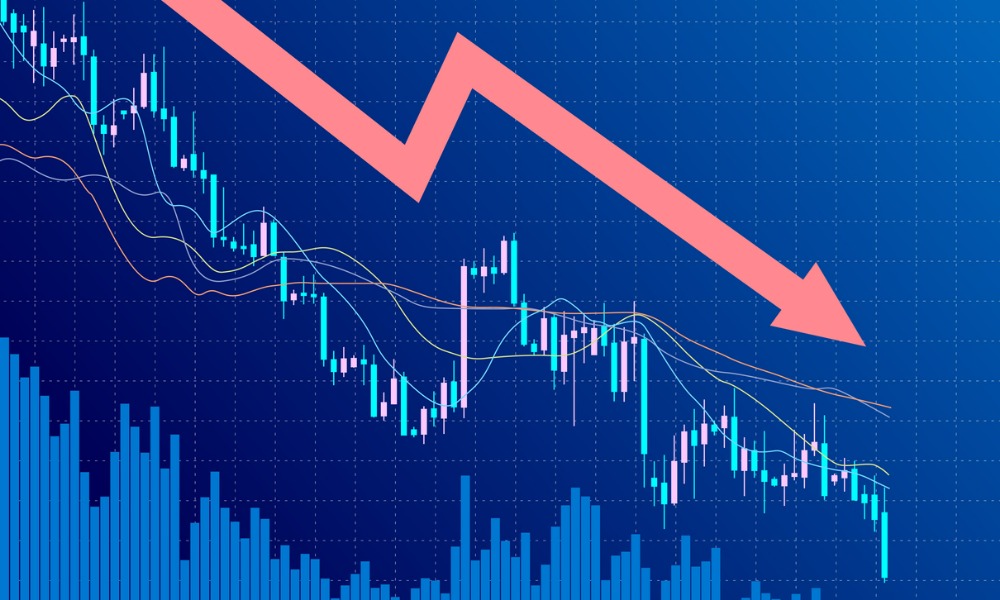Other Canadian pension funds show growing concerns with the Chinese market

Canada's largest pension fund, CPP Investments, has recently laid off several investment professionals from its Hong Kong office as part of its decision to halt investment activities in China, insiders familiar with the matter told Reuters.
The layoffs primarily affected members of the fund's private equity team, people with knowledge of the matter said. These departures had not been previously disclosed.
Furthermore, a managing director responsible for overseeing the firm's Greater China real estate portfolio had been informed of their position's termination several weeks prior.
The sources told Reuters that CPP Investments decided to suspend investments in China — both direct investments and investments in China-focused fund managers. This decision was influenced by concerns over China's sluggish economic recovery and growing tensions with the West.
The fund had foreshadowed this development in its most recent annual report, citing the evolving relationships between Canada, the US, and China as a factor influencing its approach to emerging markets.
Recent years have seen heightened political tension between Canada and China, and foreign companies have encountered a less welcoming environment within the world's second-largest economy. This situation has been exacerbated by escalating trade and political disputes with the US, resulting in Washington imposing export controls on certain critical technologies, including semiconductors.
During a visit to China, US commerce secretary Gina Raimondo noted that US companies have voiced concerns about the increasing risk associated with investing in China, citing fines, raids, and other actions that have made doing business there more precarious.
China currently accounts for 9.8% of CPP's investments, said Michel Leduc, a senior CPP managing director, during a testimony before a parliamentary committee examining Canada-China relations in May.
At that time, Leduc cited China as an "important source" for CPP's portfolio.
CPP Investments not alone in its retreat from China
The Ontario Teachers' Pension Plan (OTPP) has shut down its China equity investment team based in Hong Kong in April, as reported by Reuters.
OTPP has also scaled back its investment activities in China, as reported by AsianInvestor.
The fund cited factors such as the "changing post-COVID economic environment, recent regulatory changes in China, and the continued deterioration of US-China and Canada-China relations” as reasons for pausing further private investments. OTPP did not indicate when or if private investments would resume.
Canada's second-largest pension fund, Caisse de dépôt et placement du Québec (CDPQ), also ceased pursuing private deals in China and announced plans to close its Shanghai office by the end of this year, according to a Financial Times report.
“We paused private investments for some time already – and have focused on liquid markets, which is the majority of our two per cent total portfolio exposure to China,” a spokesperson for CDPQ told AsianInvestor.
Kevin Yin, an economics PhD student at the University of California and commentator on Canadian investments in China, sees the Canadian pension funds' withdrawal from the illiquid private equity space as a sign of their growing apprehension about the market.
He notes that public equities are easier to divest if concerns materialize.
"In a crisis situation, you'd rather have the option to sell to a centralized public market where trades are constantly being made," Yin told AsianInvestor.
Yin speculates that the funds may be adopting a wait-and-see approach, monitoring developments in the Canada-China relationship and China's domestic policies.
Yet, he believes that despite the current challenges, the Chinese market remains attractive.
“I'd assume they want a stake in case the environment improves.”



